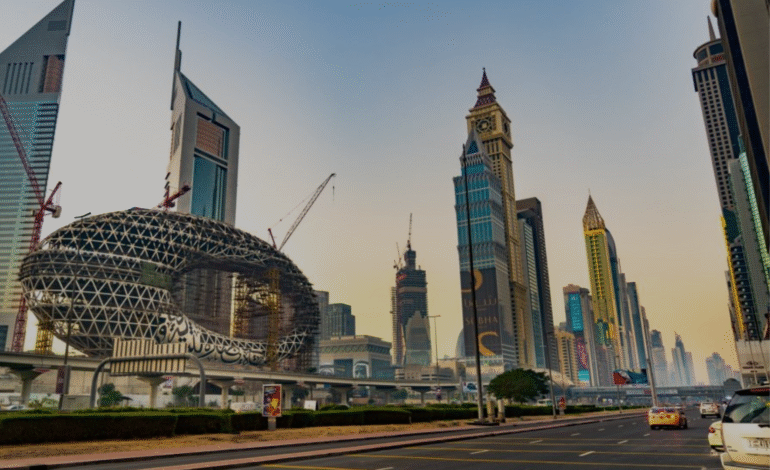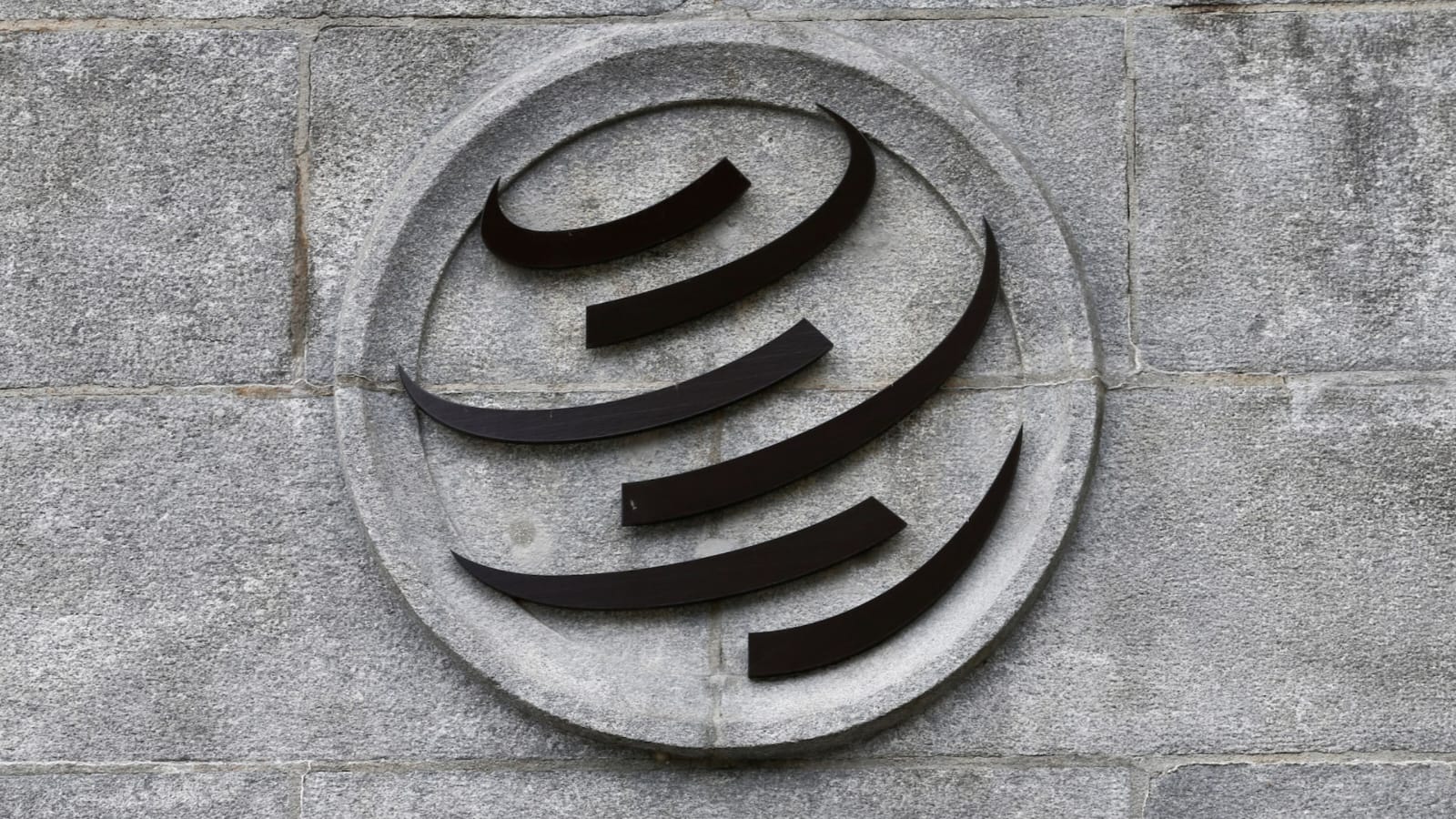UAE Unveils First Global Machine Economy Free Zone in Abu Dhabi

UAE Launches World’s First Machine Economy Free Zone
The United Arab Emirates has officially launched the world’s first Machine Economy Free Zone (MEFZ), located across Abu Dhabi and Dubai. This groundbreaking initiative allows autonomous machines to independently trade data, execute contracts, manage services, and engage in economic activities powered by artificial intelligence, machine learning, blockchain, and IoT. The project is a key milestone in the UAE’s strategy to lead the global digital transformation and aligns with the emerging Fourth Industrial Revolution that is reshaping industries worldwide.
Artificial intelligence, robotics, autonomous systems, and the Internet of Things are changing how businesses operate across the globe. The UAE, with its forward-thinking leadership, is capitalizing on this global shift by building an advanced platform where machines conduct economic activities with minimal human intervention. The MEFZ supports fully autonomous machine-to-machine transactions, real-time smart contracts, and services that enable machines to perform complex economic tasks independently and efficiently. This new free zone is a major step toward diversifying the country’s economy, reducing its reliance on oil, and expanding its leadership in digital industries such as AI, fintech, clean energy, and advanced manufacturing.
Abu Dhabi and Dubai: Powerhouses of Innovation
The MEFZ is strategically distributed between Abu Dhabi and Dubai. In Abu Dhabi, Masdar City serves as a major foundation for the zone. Known for its leadership in sustainability, clean technology, and renewable energy, Masdar City provides a strong base for AI-powered autonomous systems to thrive. ADGM adds further value with its flexible legal structures and sovereign cloud capabilities that ensure data security and regulatory compliance. Dubai complements Abu Dhabi’s strengths with its advanced digital infrastructure and global business appeal. Dubai Internet City, DIFC, Meydan Free Zone, and Dubai South bring robust ecosystems that support AI-powered industries, smart cities, and fintech innovation. Together, Abu Dhabi and Dubai form a dual powerhouse that enables the UAE to build a secure, innovative, and globally competitive machine economy.
Features Driving the Machine Economy Free Zone
The Machine Economy Free Zone offers a range of advanced features that support fully autonomous operations. Machines operating within the zone will be able to acquire licenses, lease digital assets, and execute service contracts independently through the use of advanced smart contracts. These transactions will occur seamlessly, ensuring legal compliance and efficiency without the need for human involvement.
The MEFZ will also serve as a global data marketplace where machine agents can trade real-time data. For example, autonomous drones capturing traffic patterns can sell their data to AI-powered transportation systems, optimizing traffic flow and reducing congestion. Security is a top priority for the MEFZ, with blockchain technology playing a critical role. All machine-to-machine transactions will be recorded on blockchain ledgers, ensuring transparency, data integrity, and trust across the entire economic system. The zone will also feature a unified digital infrastructure that includes sovereign cloud services, edge computing clusters, and standardized APIs. This integrated infrastructure allows machines to interact, scale, and operate with full autonomy while maintaining system-wide security and efficiency.
Regulatory compliance is embedded directly into the MEFZ’s smart contracts through Regulation-as-Code protocols. These protocols ensure that machine agents automatically comply with all legal, privacy, data protection, and cybersecurity standards. By embedding regulations directly into the operational code, the system guarantees ethical AI behavior, responsible data usage, and full adherence to legal frameworks without human oversight.
Industry Transformations Under the Machine Economy
The MEFZ will revolutionize multiple industries. In logistics and transportation, autonomous systems will optimize global supply chains by independently managing routes, customs, and payments. Self-driving vehicles, drones, and smart containers will streamline operations, reduce costs, and improve efficiency. In the energy sector, autonomous agents will conduct real-time electricity trading, balancing supply and demand across solar farms, electric vehicle charging stations, and industrial grids. Smart manufacturing will benefit from AI-powered systems that handle supply chains, production scheduling, and resource management entirely autonomously, enhancing productivity while minimizing operational costs. Smart cities will operate more efficiently as IoT systems manage waste disposal, traffic control, utilities, and security in real-time, improving the quality of urban life and conserving resources. In financial services, AI will transform traditional banking, insurance, and investment models by offering real-time lending, autonomous underwriting, dynamic pricing, and fully automated claim processing.
The MEFZ operates under internationally recognized legal frameworks similar to those governing ADGM and DIFC. These frameworks ensure investor protection, data privacy, enforceable smart contracts, and legal clarity for cross-border data transfers and AI ethics. Machine agents will autonomously register, pay taxes, and comply with regulations through AI-driven licensing systems, minimizing administrative burdens. Data privacy remains a priority, with strict policies ensuring anonymization, ethical usage, and protection against misuse. Comprehensive cybersecurity measures, including zero-trust networks, decentralized authentication, and blockchain-based audit trails, further safeguard the integrity of the entire system.
Partnerships, Investment, and Global Significance
The MEFZ benefits from strong institutional partnerships. Government bodies such as ADDED, Masdar, TECOM Group, DIFC, and the Free Zones Council jointly oversee its regulation and growth. Leading cloud providers, AI research firms, blockchain developers, and IoT manufacturers contribute advanced technologies that support fully autonomous economic operations. Fintech institutions based in ADGM and DIFC offer critical financial infrastructure, including real-time payment systems, cryptocurrency services, and digital asset management for machine agents.
Industry enthusiasm for the MEFZ is growing rapidly. The private sector is showing significant interest, with ADGM reporting a 32% growth in registrations driven by demand for AI, blockchain, and digital transformation hubs. Startups are particularly eager to leverage the MEFZ’s capabilities, developing services where autonomous drones lease airspace, robots rent warehouse space, and micro-factories utilize pay-as-you-go cloud computing to reduce costs and scale operations. International investors from Asia, Europe, and North America are recognizing the MEFZ’s transformative potential and its role in shaping the future of autonomous commerce.
Globally, the MEFZ serves as a model for other nations looking to create legally governed machine economies. As AI, IoT, and machine-to-machine transactions become the foundation of international trade, the MEFZ offers a pioneering template for scalable and secure autonomous economies. The zone introduces innovative governance models where autonomous arbitration frameworks allow machine agents to self-regulate contracts through blockchain-validated legal agreements. The UAE’s leadership in data governance, sovereign cloud infrastructure, and digital asset regulation positions the country as a global authority in the future data economy.
Future Growth and Global Leadership
The MEFZ also aligns with the UAE’s national development programs, including Operation 300Bn, the AI Strategy 2031, and Make it in the Emirates. These programs aim to strengthen the UAE’s global competitiveness and build a resilient, knowledge-based economy for future generations. The MEFZ expands the UAE’s existing free zone ecosystem, adding a machine-first dimension that pushes the boundaries of digital transformation and supports the country’s ambition to become an AI and technology superpower.
The development of the MEFZ will proceed through a phased rollout. The initial focus will be on IoT-powered data marketplaces, with future phases expanding into autonomous finance, insurance, and cross-border digital commerce. The UAE may also export its regulatory framework to other countries seeking to establish similar machine-based economies. Success will be measured through metrics such as machine agent registrations, transaction volumes, data trade activity, revenue generation, and innovation output.
Challenges remain, particularly in ethical governance, cross-border legal coordination, cybersecurity, and workforce adaptation. Ethical safeguards, emergency shutdown protocols, and strict regulatory oversight will be essential to ensure responsible development and prevent unintended consequences of full machine autonomy. International legal collaboration will be necessary to harmonize regulations for cross-border machine commerce, digital assets, and data sovereignty. Continuous advancements in cybersecurity will be required to protect the highly automated MEFZ from emerging threats. Additionally, the human workforce will need targeted reskilling programs, public education initiatives, and updated policy frameworks to ensure smooth integration and coexistence with autonomous systems.








2 Comments
[…] in their ongoing economic partnership. This renewed trade framework will replace the temporary Autonomous Trade Measures (ATMs) that have governed trade between the two partners since 2022. With a focus on mutual […]
[…] success of the permit system relies on collaboration between key Abu Dhabi authorities. The ADGM Registration Authority provides regulatory oversight. The Department of Municipalities and Transport (DMT) ensures […]
Comments are closed.